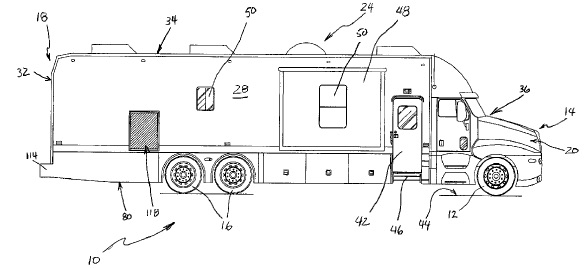Indianapolis, IN – A trade secret and breach of contract lawsuit filed in Marion County Superior Court has been removed to the Southern District of Indiana. In December, intellectual property attorneys for Angie’s List ![]() of Indianapolis, Indiana filed a suit in Marion County Superior Court alleging Click and Improve, Inc. d/b/a, ClickAndImprove.com, Avi Zikry and Jesse Friedman of New York State breached a membership agreement by misappropriating trade secrets and committing computer fraud and abuse.
of Indianapolis, Indiana filed a suit in Marion County Superior Court alleging Click and Improve, Inc. d/b/a, ClickAndImprove.com, Avi Zikry and Jesse Friedman of New York State breached a membership agreement by misappropriating trade secrets and committing computer fraud and abuse.
Angie’s List provides consumer reviews of different service providers. Click and Improve is a competitor website started in 2011. Zikry and Friedman are Click and Improve’s principles. The complaint alleges Zikry and Friedman became a member of Angie’s List in 2011 and signed a membership agreement that limited the ways that members could use the information on Angie’s List. The complaint alleges Zikry and Friedman essentially stole reviews and other information on Angie’s List and published the information on their competing website. The complaint states over 24,000 proprietary files were stolen. The complaint makes claims of breach of contract, tortuous interference with contract, misappropriation of trade secrets, computer fraud and abuse, computer trespass, conversion, fraud and theft. Angie’s List seeks an injunction, damages, treble damages, costs and attorney fees.
Practice Tip: Any case filed in state court that makes a federal claim can be removed to federal court upon request. Most intellectual property cases involve a federal claim under the federal patent, trademark or copyright laws. Here, however, the plaintiff made a federal claim under the Computer Fraud and Abuse Act, 18 U.S.C. § 1030.
Continue reading
 Indiana Intellectual Property Law News
Indiana Intellectual Property Law News






